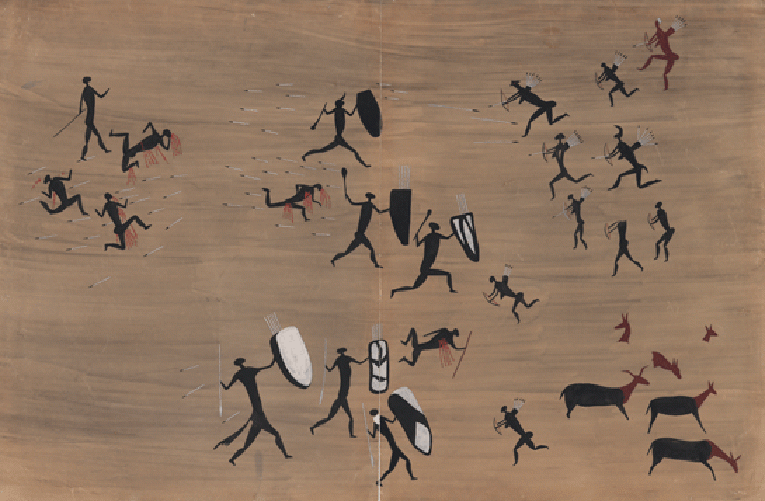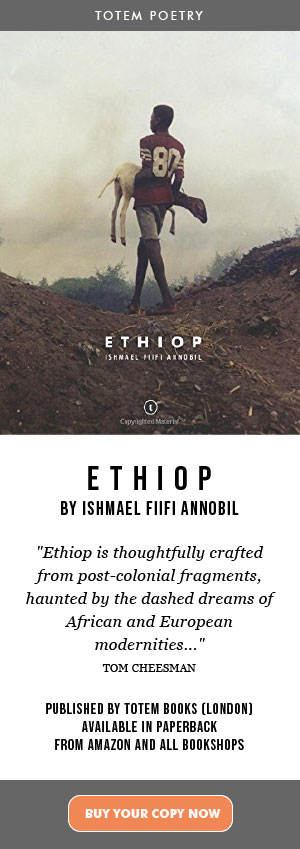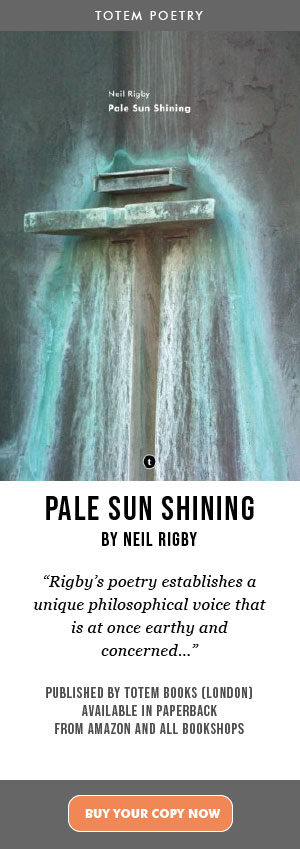Poetry & Prose : KNIFE AND OTHER POEMS

Sucheta Mishra
(Translated by Bibhu Padhi and Minakshi Padhi)
KNIFE
We are having our meal
after bathing in blood,
we are enjoying
after bathing in blood.
We visit the temples
after bathing in blood.
now we stay with the knives.
A knife enters our body
and asks about our duties,
asking the foodless intestine,
tearing it into two, asks for
the documents about the land
and buildings. The knives
are writing in our own blood
on the walls of our house,
the sign of our freedom.
The knife has wounded
our application and request,
as if it cannot move away;
sucking our blood,
it has acquired the throne,
so that it can order us to do things.
In our houses there are knives
for our purpose,
to cut fruit, vegetables. Dreams
and justice;
it is in the butcher’s shop,
to make mincemeat
of our disfigured beliefs.
We teach our children
to turn into knives,
to fill in our lack of expectations
with others’ dues,
we fill in their minds
with crushing stone.
THE LIVING MAN
The living man
does not belong to history.
like the cold beds of the mortuary.
to keep like the letters
on a blank paper,
you cannot make him wear
black cloth, can’t hang him.
The man eternally fighting
the sleep inside himself
and the cry outside,
keeps a lighted cigarette
in his breast pocket,
does not have to ask for fire.
You may bury him
in however corrupt a language,
soak him in red water
and throw him in any
prison or hospital,
he would come out
and knock at your door.
He will show you all the broken
pieces of the news and say,
“These too are real.”
Every time you distort poetry
in order to write your own history,
the living men would be assuring you
that changes come whenever
when annihilation invites the world.
In order to name
the injured, half-burnt, surprised
relationships, he would
remove the stone
from the explosion’s site,
and bring the road on his shoulder.
The living man does not remain
in history. He can bring history
before any sunset or sunrise.
DON’T CHANGE THE POEM
From every axe or bomb,
against all barbarism,
the poem stands firmly.
You are talking about
infinite compassion.
The poem wants to keep the fire
intact. You may come back after
completing the funeral rites
of the untimely dead,
for the sacred struggle’s
example. Poetry even wants
to reach the houses of the dead.
Torture turns into news,
men’s humiliation
is never printed.
don’t change the poem.
It wants to struggle to name
your disgrace
an everlasting name.
When the names of the dead
are written on the relief records,
his share of grain worthy kitchen,
when the poem’s copy is heard
in the speeches, in order to
keep the harvest and the lines
poetry can stand in front of
any explosive sorrow.
Don’t change the poem.
after every conquering of the world,
after every enthronement,
whatever little space remains
in history, poetry wants to stand there.
Don’t change the poem.
A MEETING TO MOURN
Two drops of tears
shall be lost on the beach.
The birds will go out
to search their lost nests.
Children would get ready
to listen to another story.
The keeper of the funeral ground
shall ask the mourners to return.
Drums shall be made
out of the skin of the dead,
to be used in processions.
In the temple shall be made
the altar of sacrifice,
the war weapons shall be
stored in the hermitage.
Throughout the night,
we shall extinguish ourselves,
prepare honey
and in the morning
shall get out to sell it
to people long dead.
SMALL GIRL
The small girl
has just returned
from her dusty play.
Now she would have
sung her prayer,
written down alphabets
and numbers,
would have listened to
her grandma’s stories,
would have dreamt
of the dolls getting married.
She could not know why
the threshold of her own house
bit her leg so tight.
Why an affectionate, faithful wall
of her house grabbed her
fragile body.
Now she would take
her blood-soaked doll
to wash it clean.
And would leave
the continuously dripping blood
just like that.
She will sing her prayer, study;
she would realise that
the demons appearing
in grandma’s stories are true.
Let the earth rotate
around itself, around the sun,
or something terrible happen
somewhere. Nothing matters.
The small girl would have
understood what was the meaning
of being a woman, would have
understood the terrible disaster
of being a woman.
The Author: Sucheta Mishra (b.1965) holds a Master’s degree in Economics. She is presently teaching in a Convent School at Puri-on-Sea. She has published nine volumes of poetry, a novel, a collection of short stories and a book of essays on creative writing.
Illustration: A battle of some form between figures bearing shields and smaller figures bearing bows and arrows. From the The Digital Bleek & Lloyd Collection, Iziko Museum of South Africa.


